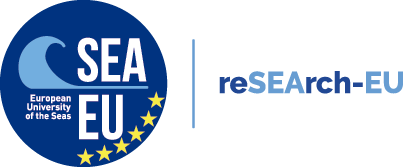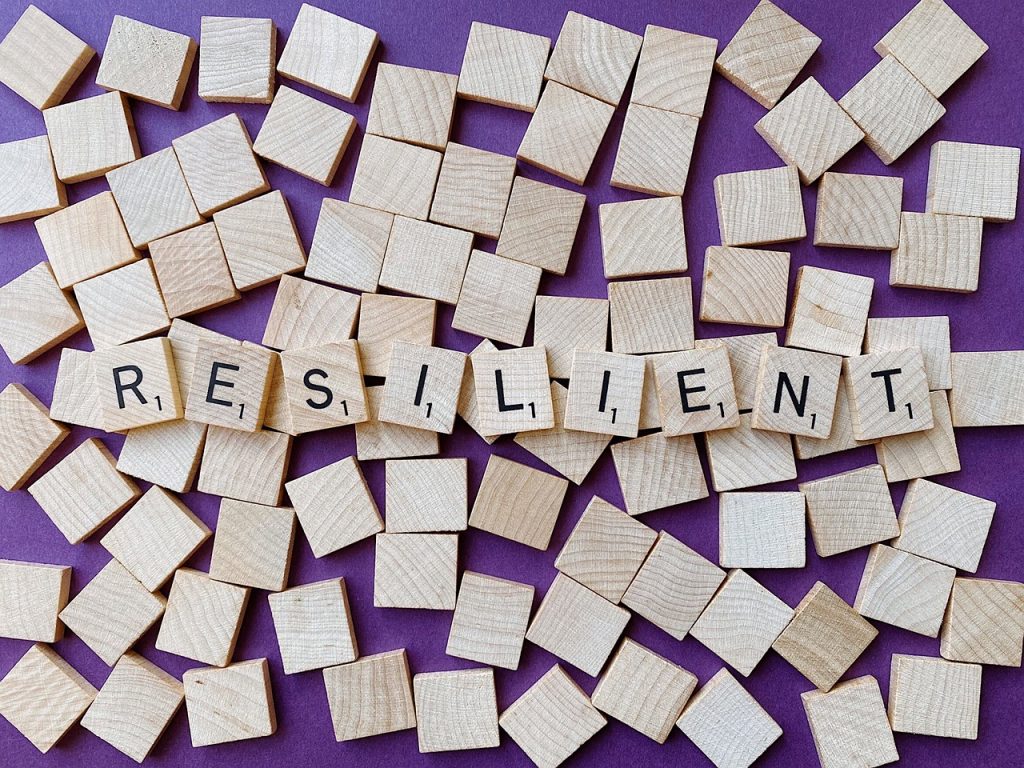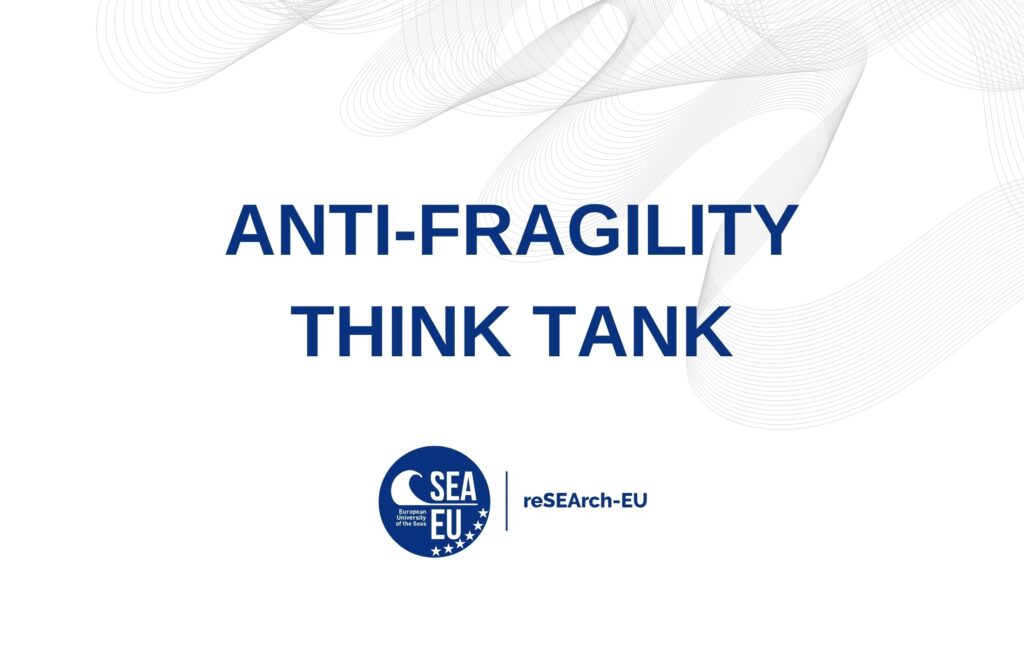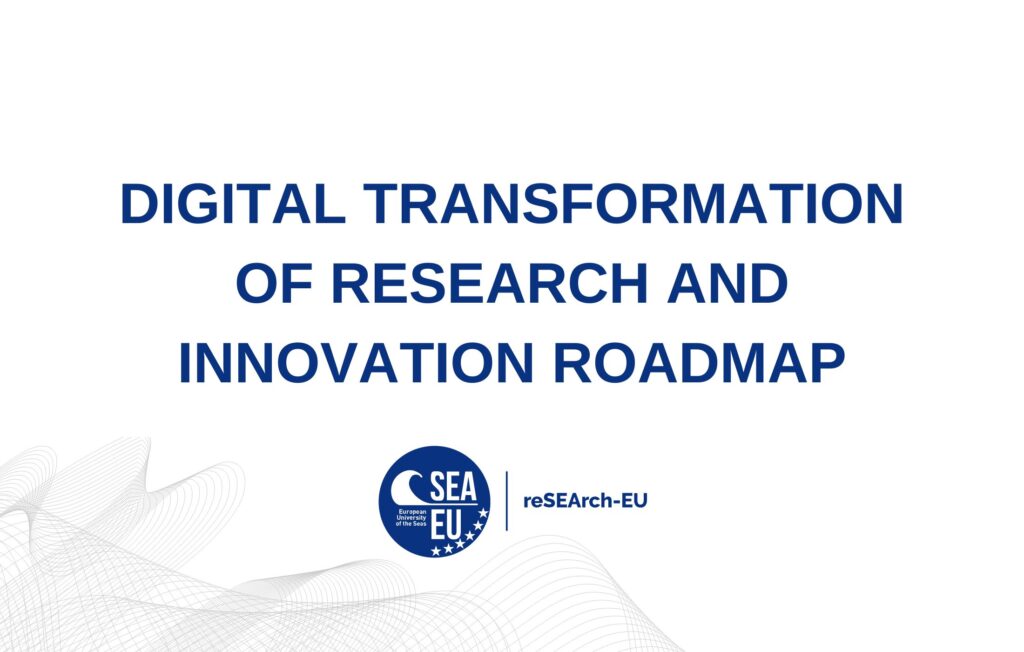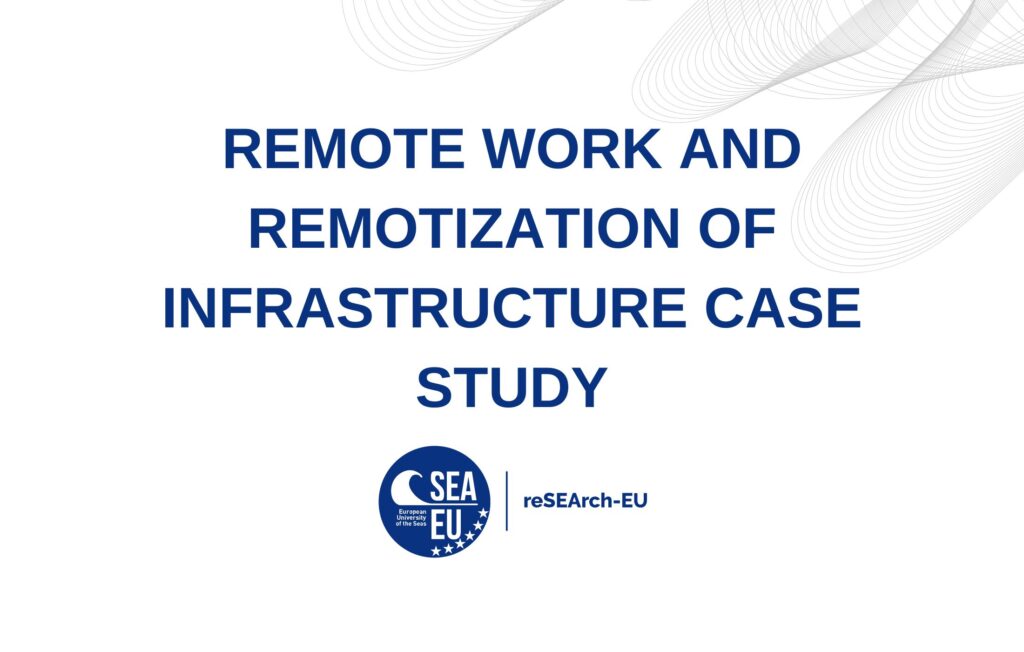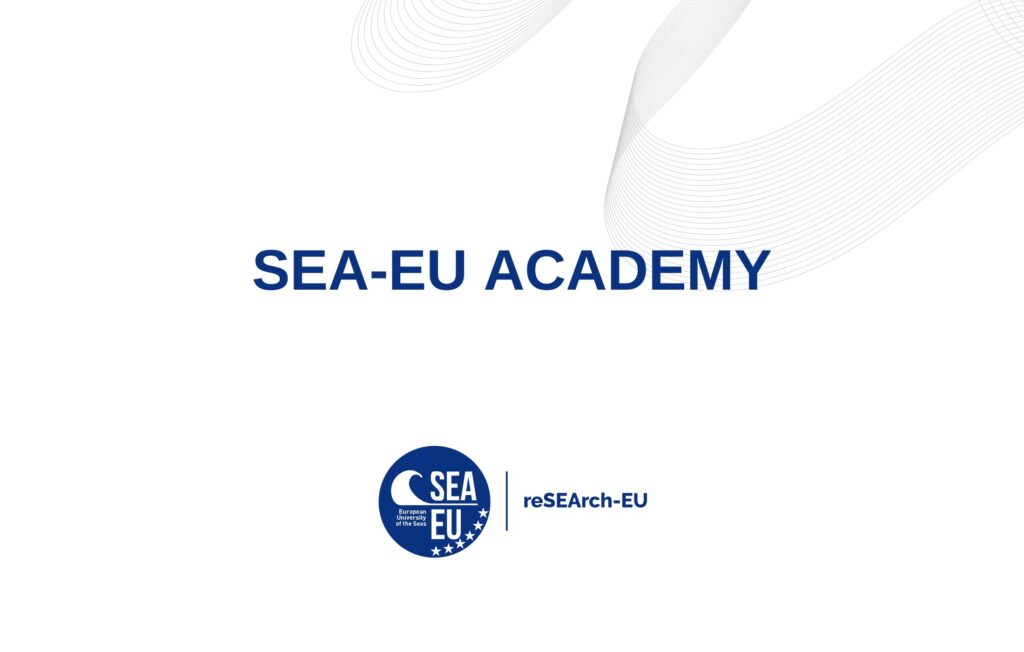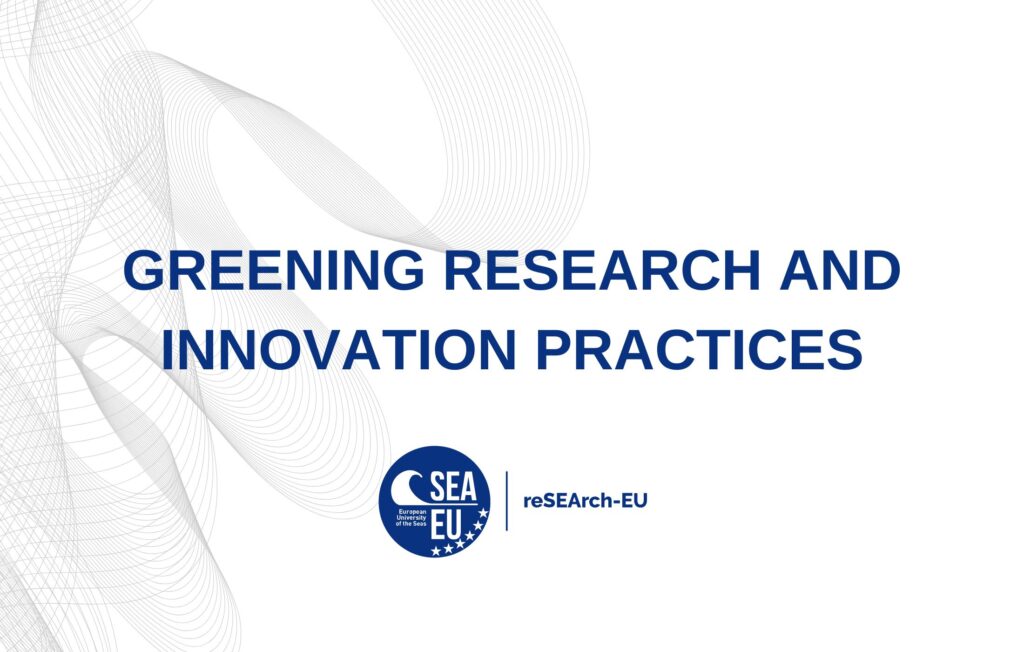We intend to provide a systematic approach and transformation of universities towards building and increasing the capacities of R&I ecosystem to not only resist but to thrive in extraordinary situations and under unforeseen shocks. Due to the international nature of universities, a large-scale crisis, such as a natural disaster, a global disease outbreak, or political unrest, can prove challenging for universities.
In response to current pandemic events and rising environmental urgency which brings to question sustainability of universities and its research practices, reSEArch-EU will implement several actions within this work package to enhance anti-fragility and resilience of the Alliance and its contribution to global sustainability.
